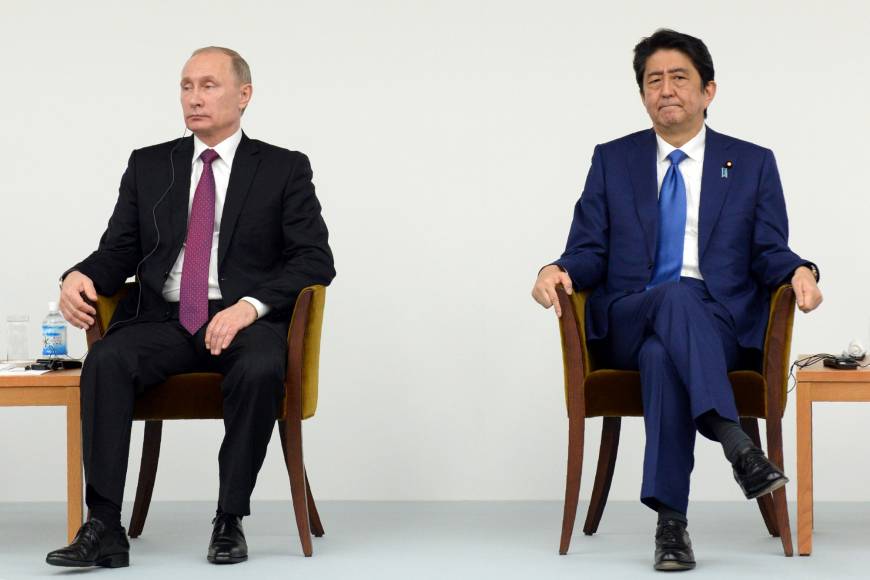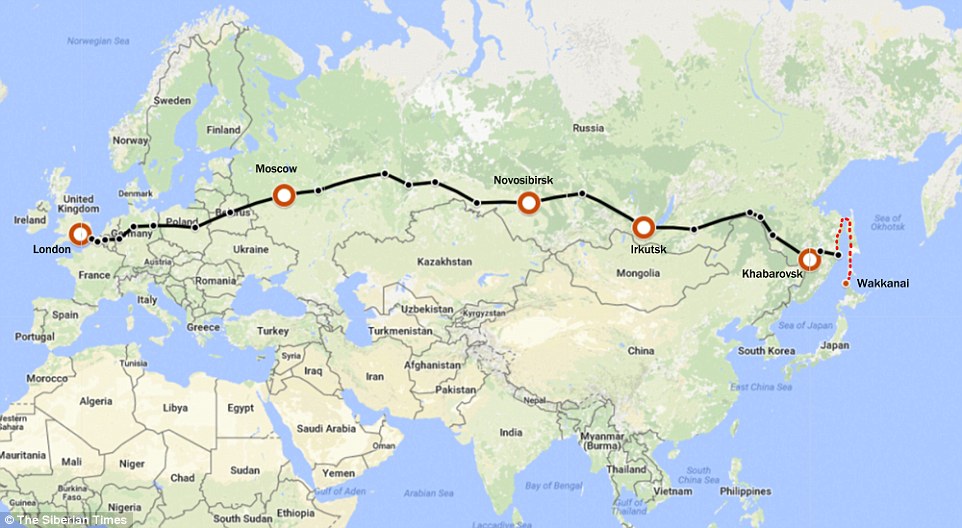
Japan and Russia’s world leader meeting promises to foster close European-Asian economic and cultural ties.
Putin announces in a press release through his TASS new agency that the meeting Abe was a great success:
“Russia and Japan signed more than 60 various deals in which Japan will invest over $2.5 billion during Russian President Vladimir Putin’s visit to the country, Japan’s Kyodo news agency reported citing a senior Japanese government official. Abe said he and Putin had agreed the two countries have “unlimited opportunities for development of relations in all areas in case of common effort.”
The talks between the officials reiterated their commitment to continue discussions about economic cooperation on the four Kuril islands that both countries claim. However Russia will still call the shots. According to Peter Shelakhaev, the head of the Russian Far East Investment and Export Agency, Japan is expected to pay taxes and fees for any money earned on the four islands that are in dispute since the end of the war.
After World War II in 1945 Russia seized four Japanese islands as they call it the “spoils of war.” Japan has tried to have these islands returned ever since then. Now Abe and several of his Russia-Japan Relations experts have decided that after 60 years of occupation it is time to accept reality with a new perspective.
Nobuo Shimotomai, Russia-Japan expert at Hosei University in Tokyo, recommended: “Getting the four islands back was a Cold War slogan for the Japanese, but after 60 years, we need a new approach towards Moscow. It could be some kind of shared sovereignty.”

Economic, Scientific and Cultural ties will be supported by the Trans-Siberian Railroad
The Japan Times informs that the areas of cooperation between Russia and Japan will include the fields of the countries’ health ministries in the fields of medicine and health care; expanded cooperation on development and production in the energy sector, including oil and gas; cooperation on the peaceful use of nuclear power; cooperation in promoting diversity and raising productivity in Russian industry; cooperation in promoting industry in the Russian Far East and turning it into a base for exports to the Asia-Pacific; Cooperation in the fields of information and communications and postal services; Enhanced cooperation in agriculture and fisheries; Cooperation between the countries’ patent offices on industrial property rights; and hygiene standards for Russian livestock farms exporting products to Japan. (full article)
This is one of the most expansive cooperation between Russia and Japan since the 19th Century. One of the most life changing and culturally interesting developments is that Russia agreed to expand the Trans-Siberian Railroad to Japan. If both countries follow through, these new agreements will usher a new historic era that will impact the world economy and political landscape for many decades to come.